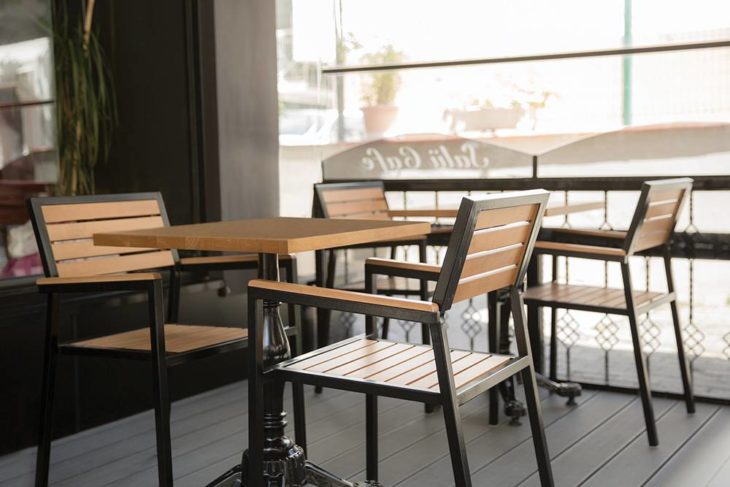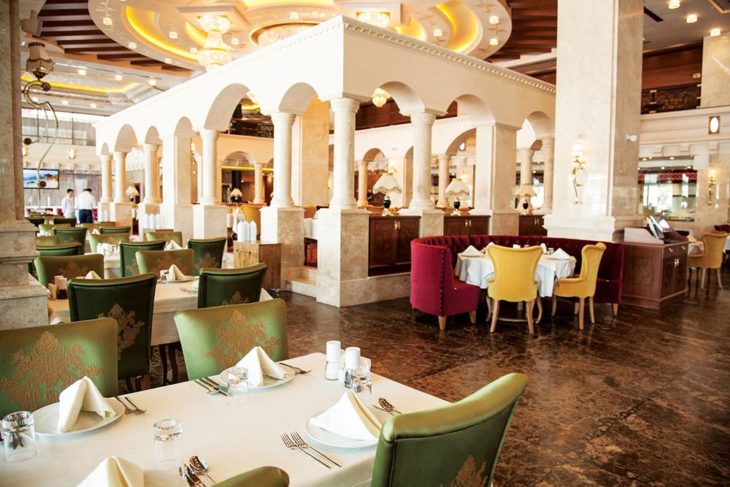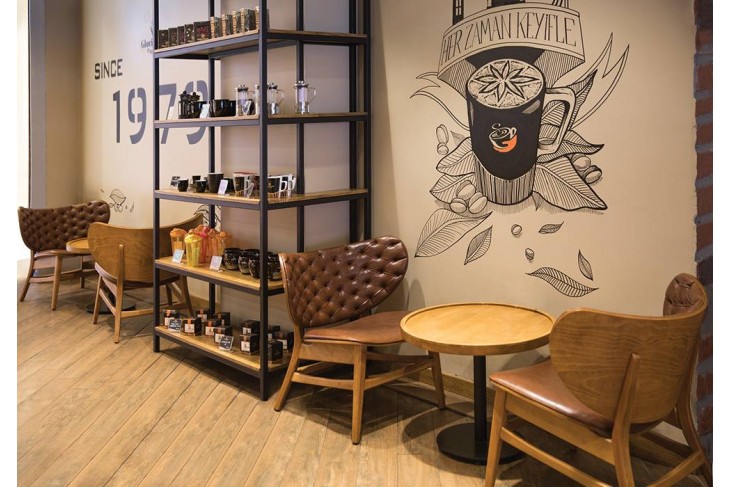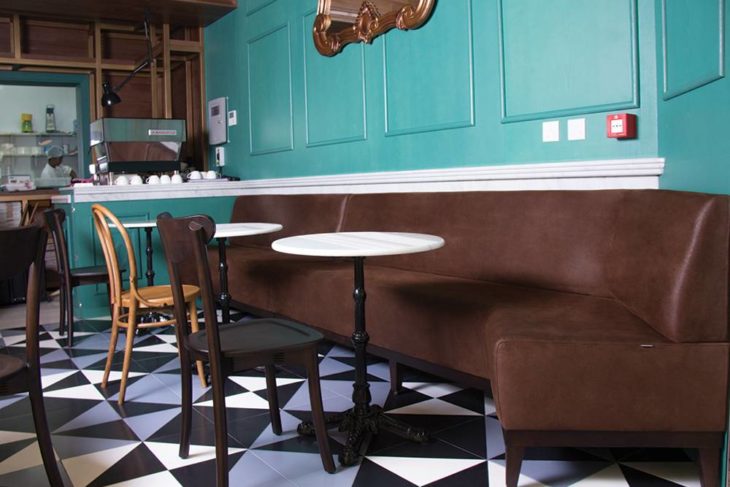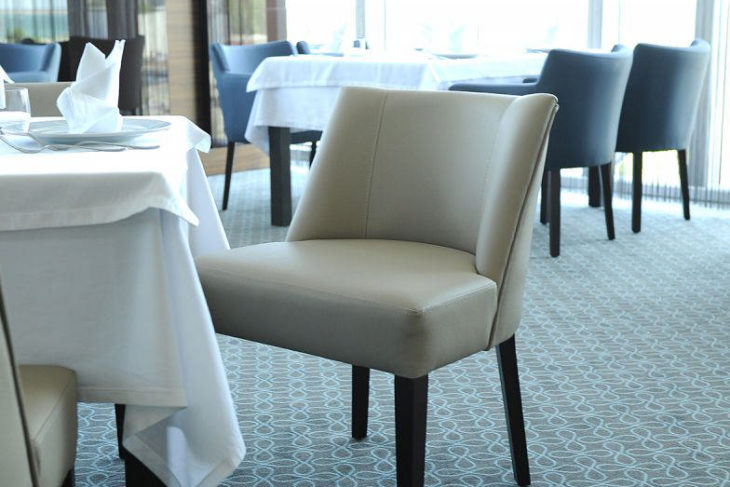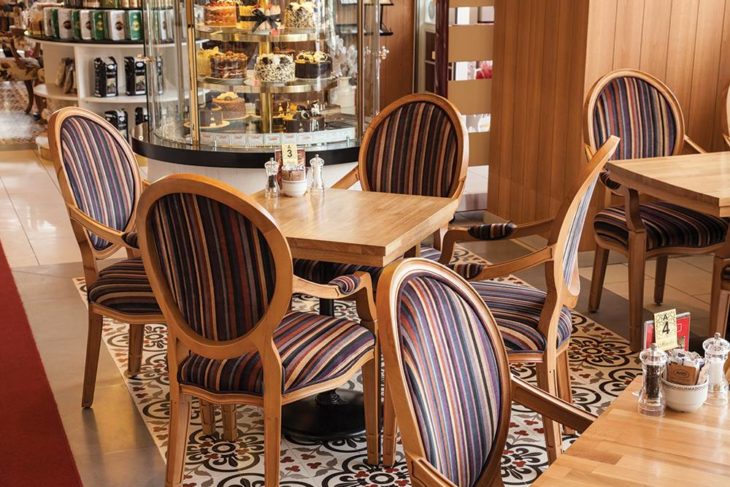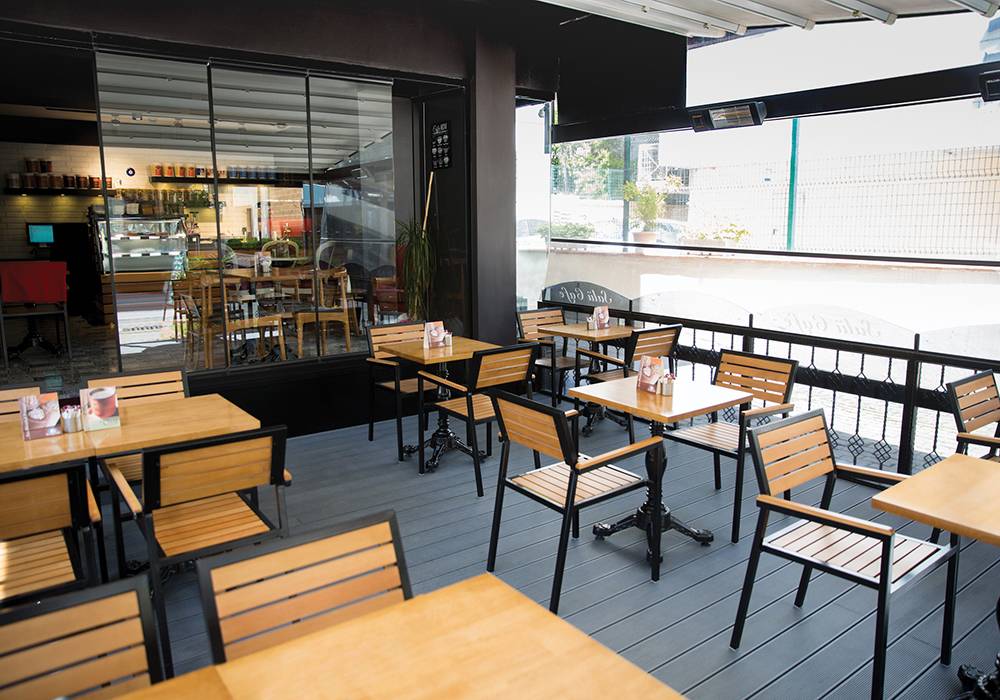
Advance: I have considered it advisable to alter the names–in one case, more of a deletion of part of a name–of the principal characters in this story; a venal sin at best. In any case, names matter little if the source of the story reflects the truth that resides under the situation, and the reader will surely recognize the characters true identity should they wish to.
Twenty-five years have past since this took place. Upon my inquire into this, I talked to the psychologist that was involved with the case, and asked why he did what he did, and his answer was, “For a bowl of soup, I gave up my career.” Nicely put I thought at the time. For after he killed his patient, there were no more murders in Lima, Peru. But I am getting ahead of my story. Let’s go back twenty-five years or so, in this reproduced historical fiction narrative (an enactment of what may have taken place prior to his arrest).
It was a hot summer’s day in Lima, Peru, the late 1970s, not sure why I was there, a place to be I suppose as good as any other place. All I heard about was of a string of murders, and the police were finding body parts all over the city. It had nothing to do with me but I couldn’t help wondering how it woud be, being chopped up alive and my body parts buried all over the city, and all of a sudden, someone finding an arm or leg and saying: “Hay, look here!” They were all talking about this mass murder they nicknamed: “The Butcher of Lima.”
I confess, I couldn’t think of anything worse in the world.
I kept hearing about the Butcher, the Butcher, over the radio, the television, at the cafés and reading about him in the newspapers, as if there was no other news. He was the star of Lima, a celebrity. So no wonder I couldn’t get him out of my mind.
Lima had their own troubles, without this guy I thought, and enough was enough. It was 11:00 AM in the morning. I came out of a sweaty dream; as macabre as they get. As I went to fetch a taxi to go eat at the café I normally go to in Miraflores, the streets were hot as a pistol that had just been shot. The dust from the wind was being swirled about and thrown in my direction.
I had eggs and lamb-chops for breakfast; and behind the face of Marybell, my waitress–a young mother, with two twin sons, quite pretty–she, like most everyone in Lima, quivered as I opened up the paper to see the dirty deeds the Butcher may have done the night before. I moved the paper a bit, didn’t stare at it too long, thinking other people would think I liked reading such horrid crap, yet everyone was doing the same thing. Thus, I did not leave the page his dirty deeds were on exposed too long.
(I knew something was wrong, my senses told me so, told me these ongoing sprees of murders were too uncomfortable for me to just let it go; for the whole city was up in a stir over it. Thus, I walked the park area in Miraflores, kind of drifting, as I did the same in the Plaza de Armas a few miles away trying to think if I should seek out my friends at the hotel and probe more into this matter.)
I was supposed to have a long vacation, and a kind of working one also. I often tucked them both in-together. I was trying to finish up a book that really was not concerned with a mass murderer case. But this was becoming a preoccupation for me, nonetheless. I got some exposure being an American writer in Lima, and a presentation on my previous book at a local bookstore. Thus, I had some newspaper coverage, along with a television interview, and a quick lecture at a university. This got the attention of my fellow comrades at the hotel, and especially in the barroom; the writers and reporters whom were supposed to be covering this case: that being, The Butcher of Lima.
“Just look at what’s going on in this country,” said one of the customers in the barroom of the hotel. “We can’t walk the streets anymore at night!” I didn’t really want to get into buying their grief, not for myself, or them. I just wanted to go my marry-Ol-way; you know, from typewriter to typewriter, and from to hotel, to hotel; and leave the grisly stuff for them.
There were six of us at the hotel, writers and reporters that I got to know; or so they all said they were of this breed. In any case, we talked bout the case at hand, of the Butcher that it would be good news should one of us find out who he was and expose him. For myself, I informed them, I did not want to reap the benefits of discovering him, l liked the laze fare status. None of them seemed to eager also in investigating this case too close, although all their expenses were paid by their employer: two fellows from New York City, another from Chicago, and still another from Detroit; and yet still another from Lima itself; and I from little old St. Paul, Minnesota.
So there were six of us at the hotel on the same floor; room to room, all facing one another; three rooms on one side and three on the other. It reminded me of an army barracks: beds and rooms piled next to one another. Oddly, it was a hotel where women, single women were not on the same floor as us. And the wealthy were above us. I saw them as I’d leave the hotel on the sunroof, yawning and stretching, trying to wipe the drunken night away.
Diaz
It came to be, Diaz troubled me.
I never knew a man like him.
I’m not sure where he came from, perhaps Peruvian, so it seemed at the time. He had a thin face, long tongue, it always seemed to block his breathing, and when he opened his mouth it was there before his teeth were. He had bright black hair. His mouth kind of had an arrogant sneer to it, as if the world was dumber than he, and he could out-wit them, should he wish to at any given moment.
Diaz singled me out right away when I arrived at the hotel. He kind of made me feel smarter than the rest of the media at the hotel. He’d sit next to me at the bar as we all sat down and talked about what was news worthy, and he’d say to me under his breathe, a whisper sort of, he’d say some witty sarcastic remark.
He was conscious, and critical of the others for not being able to find this mass murder, as if he could, should he try. But he was as indolent as the rest. Yet I said nothing to that effect, let it rest where it lay I told myself. Let me repeat myself, he was not impressed with the lot at the hotel, me included, he once said, “…you’re all elaborate decadence that are attracted to the puss of life.” Oh well, so be it I told myself, maybe he was right. We all seem to be somewhat magnetic when it comes to gangsters and murders, making them into celebrities if not heroes somewhere down the road. As I said, I left well enough alone, and just wondered if he fell into his own category. Or was he too close to the mountain to see.
He had an interesting smile, which stuck to him by some kind of mesmeric force. It reminded me of a charismatic preacher that could change his moods to suite the sermon.
“You know my friend,” he’d say, “No one gives a damn how this story will end, as long as the expenses are paid for.”
Diaz lit a cigarette, blow smoke into my face, I moved away from it a ting.
“You see how easy it is to make you move,” he said with an excited veil gust of air from his stomach.
“I bet your ex-wife could control every move you made,” he added with assurance to his countenance.
–The city and summer did not do much for getting me a tan, I looked as grim as any gringo could, as white that is, as white as a ghost. The many conversations with Diaz made me a bit cynical if not, downright witty with sneer wisdom at my fingertips at times.
I didn’t know what was going to happen down the road, but I knew perfectly well, Diaz would make something happen, call it military intuition. He showed uncommon tendencies toward danger. He walked across streets as if no car could hit him. He sat in window sill as if he was not capable of falling out of them. The list goes on but he had blue blood I do believe.
Morning at the Café
One night I didn’t join Diaz in the barroom, and as I read the morning paper at my familiar café in Miraflores the following morning, my insides went suddenly numb, and the look on my face must had been twice as dumb looking. Marybell nodded to me, wanting to know if I had wanted to order breakfast, as I sat back in my chair in the outside café–informally; her eyes followed mine back to the paper, it was wide open on the table, I was speechless. She glanced back at me after looking and started laughing.
The laughter should have told me, but I said, “What’s so funny?”
The traffic around the café was moving slowly, horns being honked as usually, but I didn’t really hear all that much. I was sitting tight.
“Well,” I remarked.
“That’s your friend Diaz–he’s…he’s the ‘Butcher!” She was internally in a panic I could see.
To this very day I can’t remember what I said, or even if I was smiling. I think I tried to, which is kind of natural for me. All I remember was the terrible silence that thumped inside of me, until someone said, “Hay you!” which woke both myself and Marybell up, and out of our trance like state.
Note: Written at the cafe in Roseville, Barnes and Noble, 5/20/05
